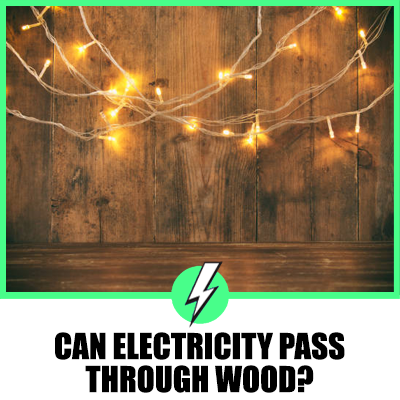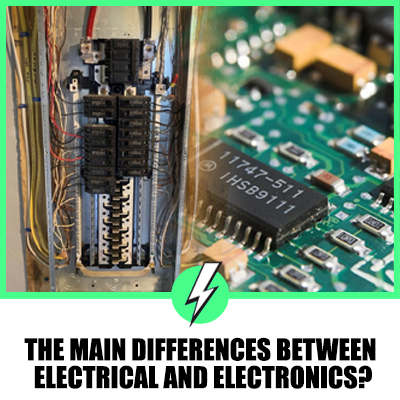Can Electricity Pass Through Wood? A Comprehensive Guide for UK and US Audiences
Electricity and its interaction with various materials have always been a topic of intrigue.
One such material that often raises eyebrows is wood.
Let’s delve into the mysteries surrounding wood and its relationship with electricity.

Contents
What Materials Can Electricity Not Pass Through?
Materials that do not allow electricity to pass through them are termed as insulators.
Wood, especially when dry, is a prime example of an insulator.
Other common insulators include rubber, plastic, and glass.
These materials have tightly bound electrons that prevent the free flow of electricity.
Is Wood a Conductor of Lightning?
While wood isn’t a natural conductor like metals, it can conduct electricity under specific conditions.
For instance, when a tree is struck by lightning, the moisture in the tree can cause it to act as a conductor, leading to the tree getting damaged or even catching fire.
Can Wood Conduct Electricity?
In its natural, dry state, wood does not conduct electricity.
The atoms in wood have their electrons strongly bound to their nucleus, preventing the free flow of electricity.
However, when wood is wet, it can conduct electricity.
This is not because of the wood itself but due to the water content and the ions present in it.
Wet wood, especially with high salt or mineral content, can act as a conductor.
Does Current Pass Through Wet Wood?
Yes, wet wood can conduct electricity.
The water content in the wood acts as the conductor.
Pure water is an insulator, but it’s rare to find 100% pure water.
When water contains salts and minerals, it becomes a conductor.
Therefore, the wetter the wood, the higher its conductivity.
Wood and Electricity at a Glance
| Aspect | Details |
|---|---|
| Natural State of Wood | Insulator |
| Wet Wood | Can conduct electricity due to water content and ions |
| Wood and Lightning | Can act as a conductor when struck by lightning due to moisture |
| Common Insulators | Wood (dry), rubber, plastic, glass |
| Best Conductors | Metals |
| Conductivity of Wet Wood | Varies based on wood type and moisture content |
Insights from Online Discussions
- YouTube Video Analysis: The video emphasizes the importance of understanding the properties of materials we work with daily. It highlights that while wood isn’t a natural conductor, under specific conditions, it can conduct electricity, especially when wet.
- Myths about Electrical Safety: An article from Machine Design debunks several myths about electrical safety. One key takeaway is that just because a material isn’t a good conductor doesn’t mean it’s safe to handle during electrical work.
- Woodworking Trade Insights: This source confirms that dry wood is an insulator. However, the conductivity of wood can change based on factors like moisture content, wood species, and the presence of impurities.
- ToolsWeek’s Take: Emphasizing the importance of understanding how electricity interacts with different materials, this source reiterates that dry wood is an insulator, but wet wood can conduct electricity.
- Quora Discussions: Many users on Quora discussed their personal experiences and experiments with wet wood. The consensus is clear: wet wood can conduct electricity, but the degree varies based on the wood type and the moisture content.
- Earth Eclipse’s Perspective: This article delves deep into the molecular structure of wood, explaining why it doesn’t conduct electricity in its natural state. It also touches upon the conditions under which wood can become a conductor.
- Home Improvement Scout: This source provides practical insights, warning DIY enthusiasts and homeowners about the dangers of working with wet wood in electrical projects.
- Techie Scientist’s Deep Dive: This comprehensive article explains the atomic structure of wood, why it doesn’t conduct electricity, and the conditions under which its conductivity changes.
- Mondoro’s Insights: Emphasizing the practical aspects, this article is a guide for those working with wood, cautioning them about the conditions under which wood can become a conductor.
In conclusion
While wood in its natural, dry state is an insulator, it can conduct electricity when wet.
This property is due to the water content and the ions present in it.
Whether you’re a DIY enthusiast, a professional, or just curious, it’s essential to understand these properties to ensure safety when working with wood and electricity.





